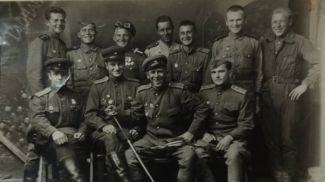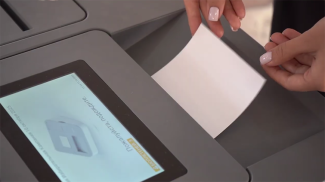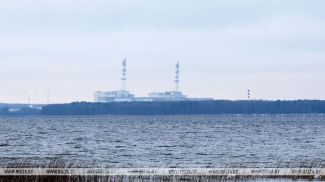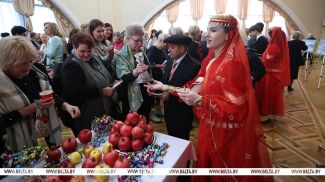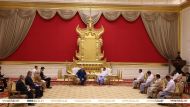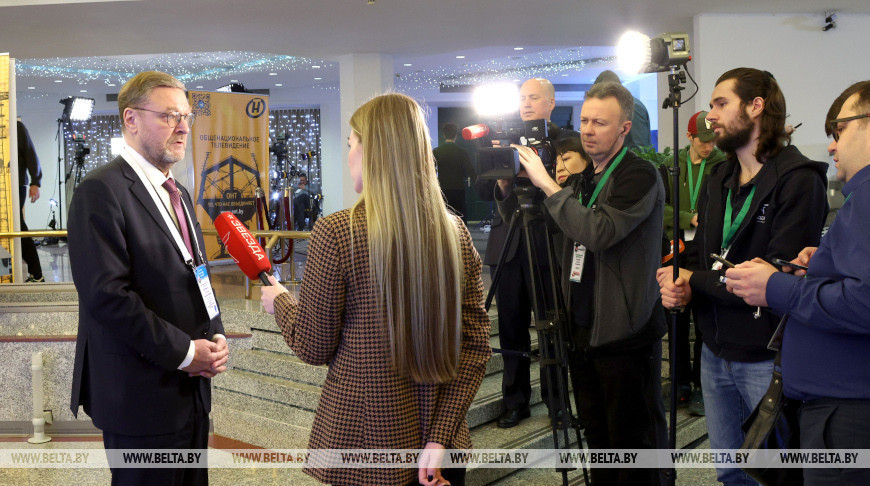
MINSK, 27 January (BelTA) - The West's monopoly on election assessment is over, Konstantin Kosachev, coordinator of the observer group from the CIS Inter-Parliamentary Assembly (CIS IPA), deputy chairman of the Federation Council of the Federal Assembly of Russia, told the media, BelTA learned.
“The West tried to take over the institution of international observation for a long time. The well-known OSCE/ODIHR institution was established back in 1990 and for a couple of decades the West had a near monopoly on election assessment in other countries, including those outside the OSCE area and tried to impose the view that if the OSCE/ODIHR, the OSCE PA, the Council of Europe PA, other Western structures criticize some things in their reports, then it is the ultimate truth. Or if observers do not monitor elections, then these elections are obviously illegitimate. This is the views that our Western opponents, not our partners but our opponents, have tried to impose on the world,” Konstantin Kosachev said.
Nobody delegated them this monopoly, Konstantin Kosachev emphasized. “This is a self-appropriated monopoly. First of all, OSCE/ODIHR observation is highly politicized. We understand perfectly well that they deploy large-scale observation only in those countries that the West wants to retrain and show their place. Secondly, they premise their findings (as a rule, they are drawn up even before these elections) on a country they evaluate (loyal or disloyal to the so-called collective West) and on the winner of elections,” Konstantin Kosachev said.








